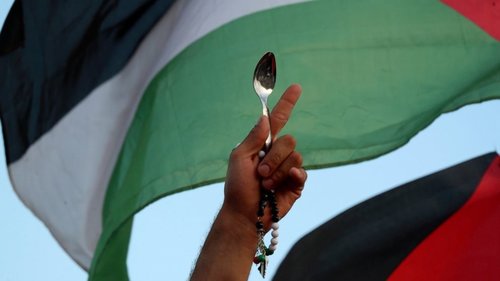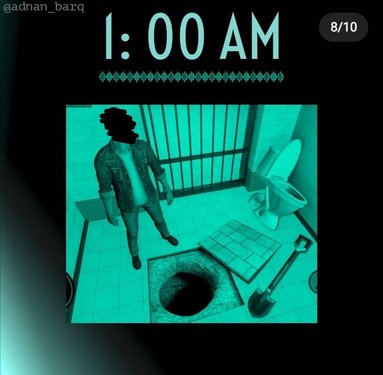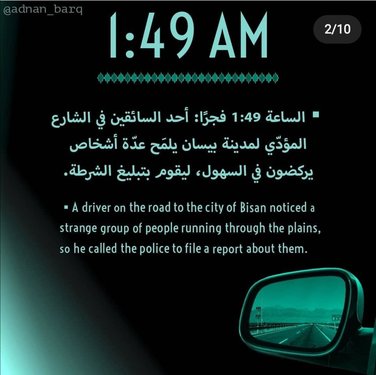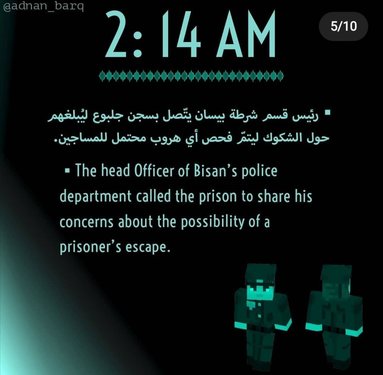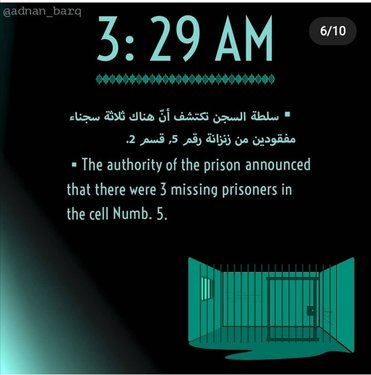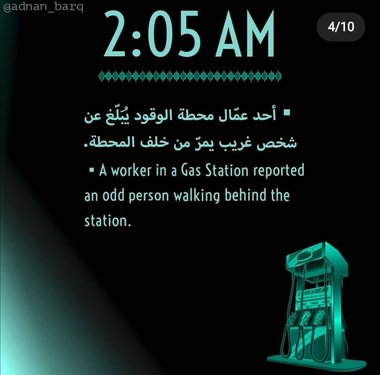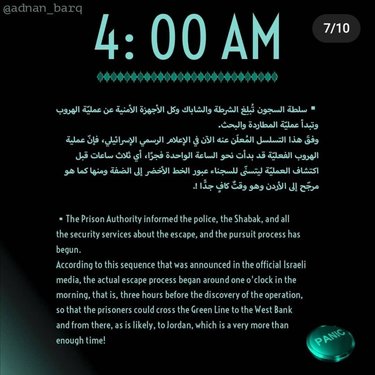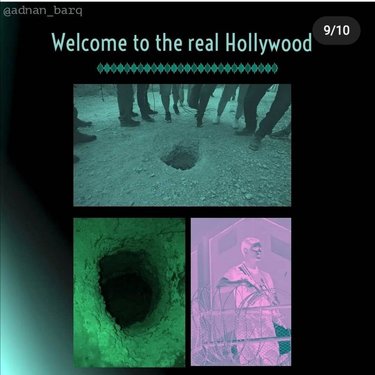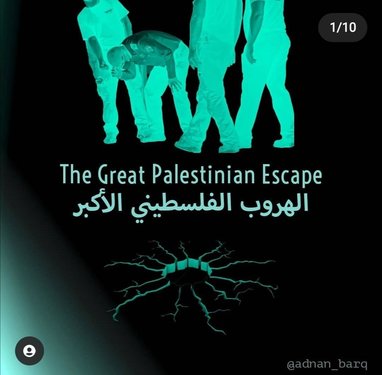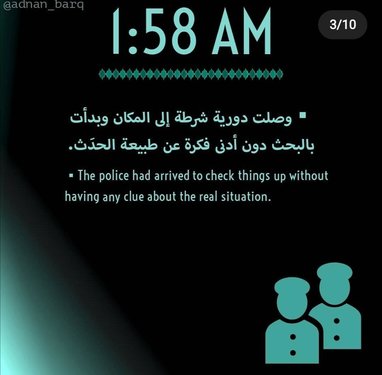Leaderboard
Popular Content
Showing content with the highest reputation on 09/15/2021 in all areas
-
Great Reward for Offering Nawafil (Voluntary prayers) By Mohammad Rafique Etesame It was narrated from Tamim Dari that the Prophet (ﷺ) said: “The first thing for which a person will be brought to account on the Day of Resurrection will be his prayer. If it is complete, then the voluntary (prayers) will also be recorded for him (as an increase). If it is not complete then Allah will say to His angels: ‘Look and see whether you find any voluntary prayers for My slave, and take them to make up what is lacking from his obligatory prayers.’ Then all his deeds will be reckoned in like manner.” (Al-Mishka-tul-Masabeeh) This hadith reveals that at the Day of Judgment, the first thing about which a faithful believer will be taken into account will be his five times obligatory prayers. If he offered them regularly according to the right manners of the sunnah, then that man will be the successful one. And if there any fault was found in them or they were incomplete, then Allah the most high will ask to His angels,” look! Whether you find optional prayers (nafal slah) for my slave, then these will be taken to make up what will be lacking from the obligatory prayers. This hadith throws light on to establish optional prayers also. Because the obligatory prayers are the absolute command of Allah Almighty that, if a believer does not act upon them, then he will be punished. But offering optional prayers shows believer’s more love, affection, obedience deep concern and humility to the King of the universe. That is why a hadith qudsi reveals that: Abu Hurairah (May Allah be pleased with him) reported: Messenger of Allah (ﷺ) said, "Allah the Exalted has said: 'I will declare war against him who shows hostility to a pious worshiper of Mine. And the most beloved thing with which My slave comes nearer to Me is what I have enjoined upon him; and My slave keeps on coming closer to Me through performing Nawafil (prayer or doing extra deeds besides what is obligatory) till I love him. When I love him I become his hearing with which he hears, his seeing with which he sees, his hand with which he strikes, and his leg with which he walks; and if he asks (something) from Me, I give him, and if he asks My Protection (refuge), I protect him" (Sahihul Bukhari). May Allah Almighty give us ‘taufeeq’ to offer nafal prayers along with obligatory prayers, Amin.1 point
-
‘Spoon of Freedom’ Escape tool of 6 Palestinians becomes symbol of resistance AMMAN — Palestinians have always had different symbols to represent their freedom; a spoon is the newest sign that has captured artists’ and social media users’ attentions. After the six Palestinians tunnelled out of the high-security Gilboa Prison, reportedly using a spoon, a large number of social media users, influencers and artists have been focusing on the simple tool used in the movie-like escape. The six fugitives included Zakaria Zubeidi, Mahmoud Ardah, Mohammad Ardah, Yacoub Qadri, Ayham Kamamji and Munadel Nfeiat. A Palestinian-Jordanian virtual artist Beesan Arafat, who describes herself as an artist with “sharp edges”, created a piece of art depicting the spoon the six Palestinians used to extricate themselves from the Israeli prison. “The men evaded 40 prison guards, three watchtowers, two walls, two barbed-wire fences and a pack of sniffer dogs to get to their freedom,” Arafat wrote on her Instagram post. “They used a rusty spoon to escape one of the most secure jails in the country,” she added. The Jordanian illustrator and graphic designer Abeer Anabtawi shared a post of a watermelon and spoon, which are currently symbols of Palestinian resistance that have gone viral on social media platforms. “The spoon has become an icon. With a spoon, the six Palestinians obtained their freedom,” wrote Palestinian activist and photographer Abdalafo Bassam on his Instagram post. Also, Twitter user “@M7rusa” wrote: “Raise the spoon for freedom; raise your spoon for the Palestinian prisoners and Palestine”. Samar Khalil, a Palestinian-Jordanian living in Amman, told The Jordan Times on Sunday: “Although four of the six prisoners were recaptured, the Palestinian resistance will continue and from now on, the spoon will illuminate the untold stories of Palestinians”. The four prisoners who were recaptured are: Zakaria Zubeidi, Mahmoud Ardah, Mohammad Arda and Yacoub Qadiri. The Jordan Times1 point
-
1 point

